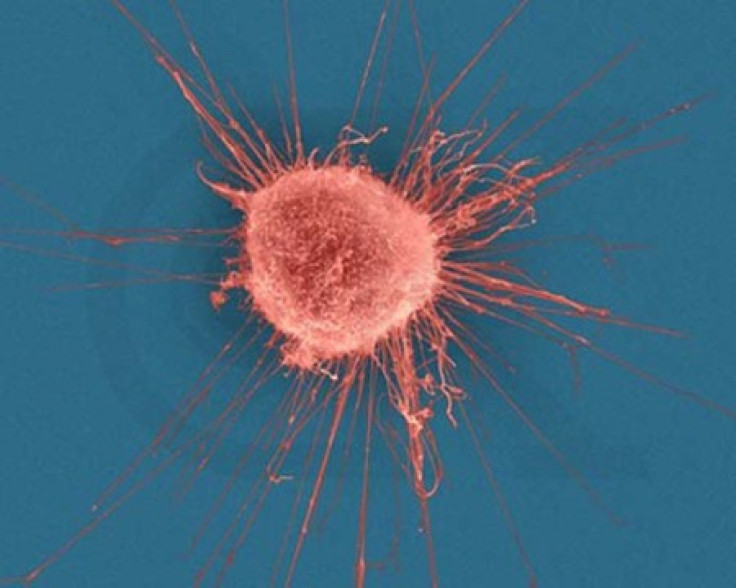Scientists Make Unprecedented Discoveries Into How Cancer Spreads

Recent discoveries have found that cancer is even more devious than previously believed.
Most DNA has been thought to be "junk" that played no role in cancer since only 2 percent of the human genome holds a code for making enzymes and other proteins, the catalyst for turning cells malignant.
But now researchers are finding evidence that "pseudogenes" lurking in this region may actually play a role in cancer development.
"We've been obsessively focusing our attention on 2 percent of the genome," said Dr. Pier Paolo Pandolfi, a professor of medicine and pathology at Harvard Medical School. He who described a new "biological dimension" at the American Association for Cancer Research meeting in Orlando, Fla. This "biological dimension," he said, has signals emanating from both regions of the genome and participates in the determination of normal vs. malignant cellular behavior.
Cancer researchers have also discovered that 90 percent of protein-encoding cells in our bodies are microbes.
Jeremy Nicholson, chairman of biological chemistry and head of the department of surgery and cancer at Imperial College London, tells The New York Times "we are massively outnumbered" since 99 percent of the functional genes in our bodies are microbial.
© Copyright IBTimes 2024. All rights reserved.











